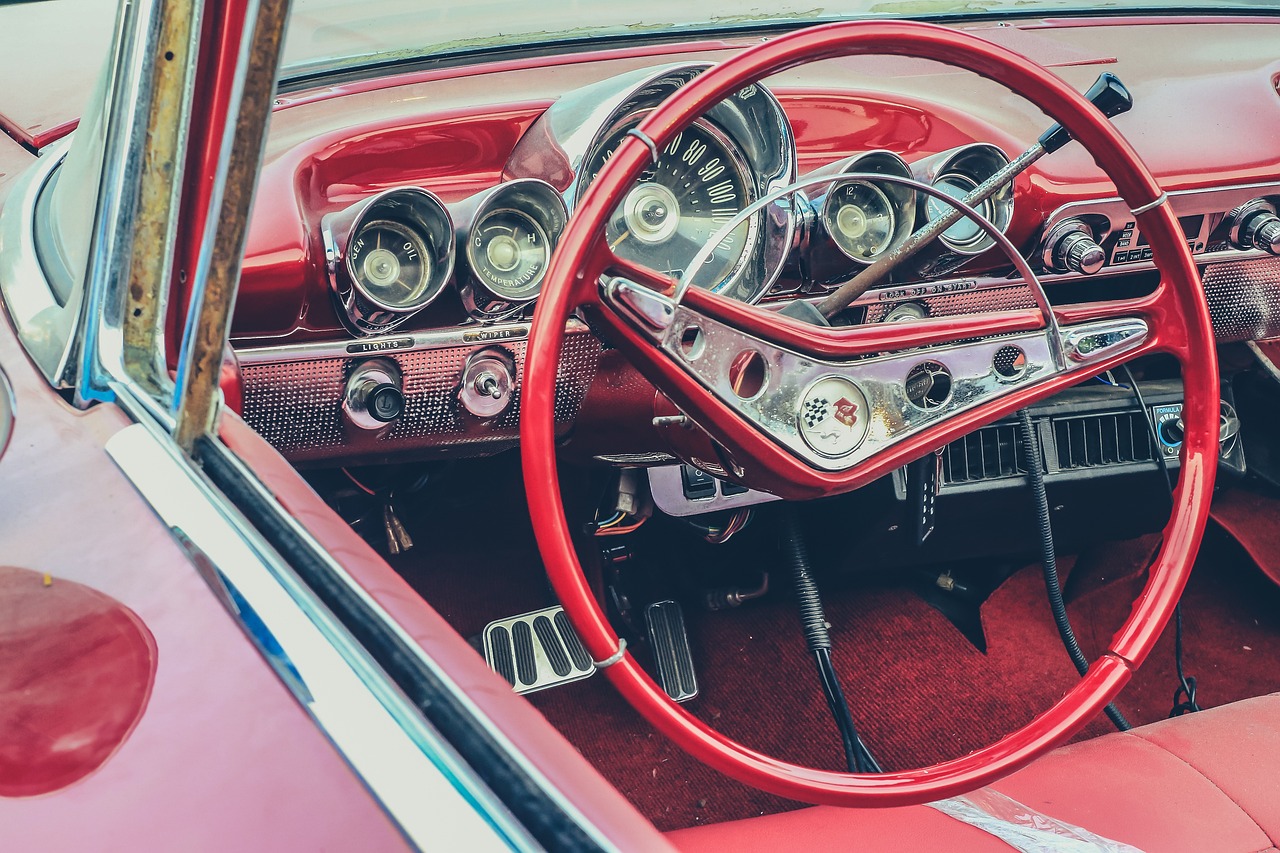The Psychology of Car Ownership: Personal Identity and Expression
When it comes to purchasing a car, individuals are often driven by a variety of psychological factors that influence their decision-making process. One such factor is the emotional appeal of a particular car model; consumers may gravitate towards vehicles that evoke positive feelings or memories, prompting them to make a purchase based on these emotional connections. Additionally, the desire for status and prestige can play a significant role in car buying decisions, as individuals may seek out cars that align with their self-image and social standing.
Furthermore, the need for autonomy and independence can also impact car purchases, with many individuals choosing vehicles that offer them a sense of freedom and personal space. The psychology of car buying extends beyond mere functionality, encompassing deep-rooted emotional needs and aspirations that drive individuals to make choices that reflect their values and priorities. By understanding these psychological factors, car manufacturers and marketers can better tailor their products and messaging to resonate with the underlying motivations of consumers.
Impact of Social Influences on Car Ownership
Social influences play a significant role in shaping individuals’ car ownership decisions. People often seek validation and approval from their social circles when making purchasing choices. This could lead to individuals choosing a car that aligns with the perceived status or image associated with certain brands or models.
Moreover, social norms within a community can also impact car ownership patterns. For instance, in a neighborhood where eco-friendly practices are encouraged and valued, residents might be more inclined to opt for electric or hybrid vehicles. On the contrary, in areas where luxury and extravagance are prioritized, individuals may lean towards high-end, luxury cars to fit in with the societal expectations.
Gender and Car Preferences
When it comes to gender and car preferences, research suggests that there are some distinct differences between men and women. Studies have shown that men tend to prioritize performance and power when selecting a car, often opting for sports cars or vehicles with higher horsepower. On the other hand, women are generally more inclined towards practicality and safety features in their car choices, with considerations such as fuel efficiency and reliability playing a significant role in their decision-making process.
Additionally, societal norms and expectations also play a crucial role in shaping gender-specific car preferences. Traditional gender roles have often associated certain car models with masculinity or femininity, leading to the perpetuation of stereotypes in the automotive industry. However, as societal perceptions evolve and gender roles become more fluid, there has been a noticeable shift towards greater gender inclusivity in car marketing and design. This shift is reflected in the growing trend of gender-neutral car advertising and the emergence of car models that cater to a wider range of tastes and preferences, irrespective of gender.
• Men tend to prioritize performance and power in their car choices
• Women are more inclined towards practicality and safety features
• Societal norms and expectations shape gender-specific car preferences
• Traditional gender roles have associated certain car models with masculinity or femininity
• Shift towards greater gender inclusivity in car marketing and design
• Growing trend of gender-neutral car advertising
• Emergence of car models catering to a wider range of tastes and preferences
What are some common psychological factors that influence car purchases?
Psychological factors such as status, self-image, and personality can all play a role in influencing someone’s choice of car.
How do social influences impact car ownership?
Social influences, such as peer pressure and cultural norms, can influence the type of car someone chooses to purchase.
Are there differences in car preferences between genders?
Research has shown that there are differences in car preferences between genders, with men often preferring sportier or more powerful cars, while women may prioritize safety and reliability.
What role does marketing play in influencing car preferences?
Marketing plays a significant role in influencing car preferences, as companies use advertising and branding to target specific demographics and create aspirational images around their vehicles.







